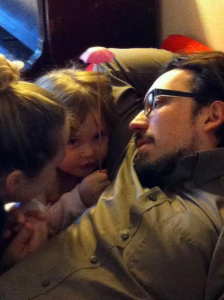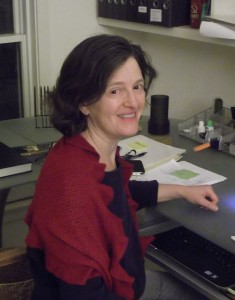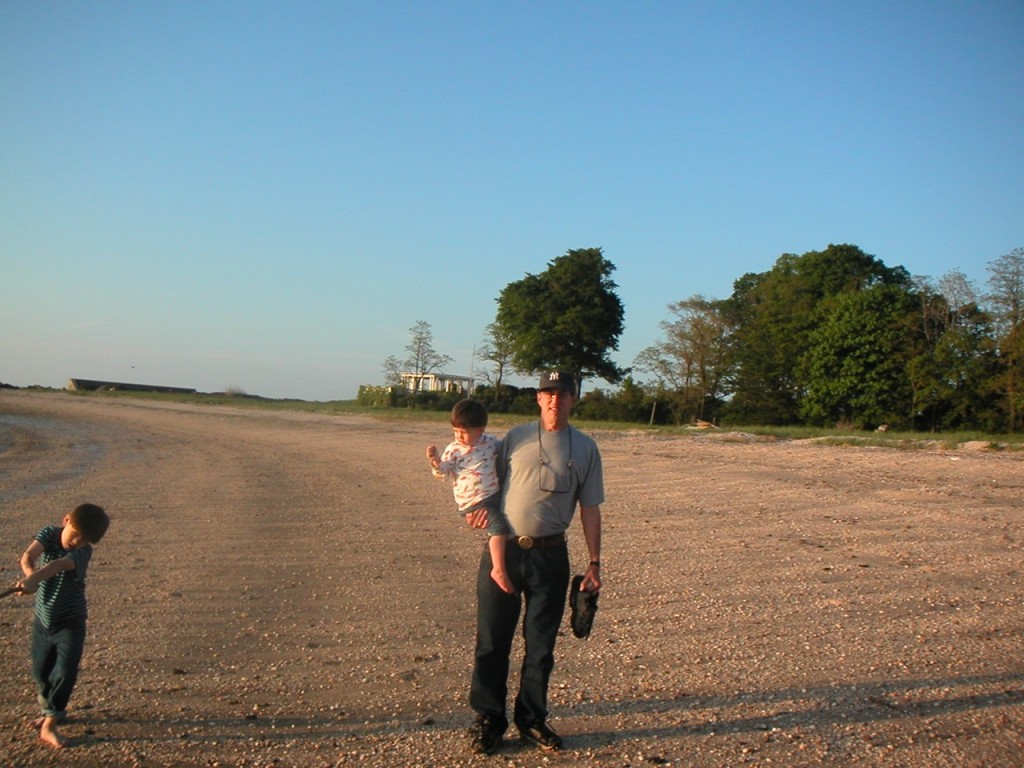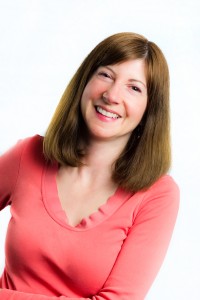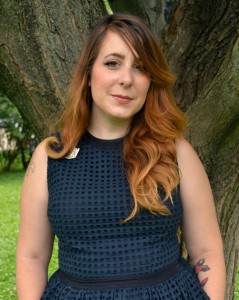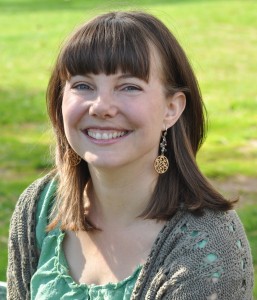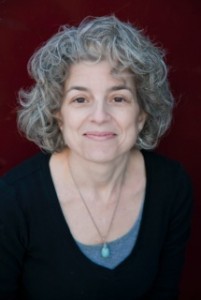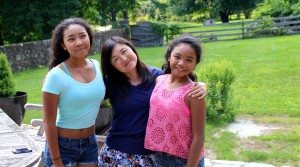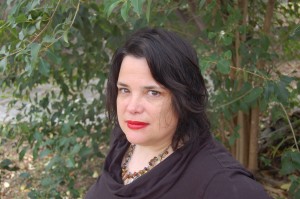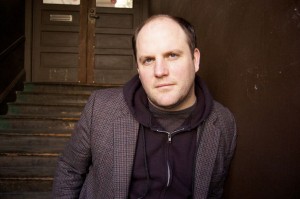
Peter Mountford, author of A Young Man’s Guide to Late Capitalism (Houghton Mifflin Harcourt, 2011), and The Dismal Science (Tin House Books, 2014)
Age of kids: 2 and 4
What was your writing schedule (ideal and actual) like before kids, and how has that changed?
Before kids, not only did I not have kids, I also didn’t have much of a writing career. A lot of people don’t like the word career next to writing, but I believe that writing should be treated like a job, or else it’s a hobby, and it isn’t a priority. That’s fine. Hobbies are great. But writing is also quite hard. Writing is hard and the work should be dignified, whenever possible. Before my kids were born, I had very little in the way of publications, and I did almost no readings, no interviews, no one was soliciting work from me, there was nothing like that. I wrote four hours a day, seven days a week. I walked around listening to music a lot. I was being showered in rejection, and I hated myself, but I was writing a lot.
I got my first book deal a month or so after my first kid was conceived with my now ex-wife. Then writing–or, the ancillary tasks related to being a writer–and the demands of life began a very startling avalanche.
Two years later: another book and another child. There was a time–in the thick of it all–when I had five hundred students, literally. Five hundred! I was writing furiously, too, taking care of kids. I stockpiled money. I was buying my own health insurance, and it wasn’t cheap, and I was worried that the sources of this income would vanish all of a sudden, because none of the sources in question were from ongoing contracts. They were all one-off things. Now, I understand that there are always other opportunities–more one-offs. The income ebbs and flows, month to month, but it’s there. I haven’t had a penny of credit card debt since I quit my last day job in 2007.
For six months, I also took care of my kids ten hours a day, five days a week. I still wrote during those months, but it was at night. And I taught at night, too, and on weekends.
Then the second book came out, and I got divorced. Right now, I’m teaching three classes, and I’m the events curator for Hugo House, and I’m managing a fellowship at Hugo House, and I’m judging a grant for The Loft in Minneapolis, and I’m Hugo House’s writer-in-residence, so I meet with people to talk to them about their writing, and I’m a writer-in-residence at Seattle Arts and Lectures. What else? There are other things, I’m sure. Oh yeah, I’m on faculty at Sierra Nevada’s low res MFA program.
I have the kids pretty often, too–it’s a complicated parenting plan. I wake up at five in the morning, and I’m with kids early or working until about nine at night. It’s fun, but it’s too much. I haven’t written a word of fiction in 2014–or not until last week, when aspects of my wage-work retreated abruptly and I started writing quite a lot again.
How’s that? Are you still awake?
How do you remain present for your family even when you’re sunk deep into a current project?
I don’t work at all on anything when I’m with my kids. I don’t check email, don’t write, don’t do anything. I take them to meetings sometimes, actually, but I make sure it’s something that will be interesting or fun for them. I’ve heard it said that fathers, in particular, often become better parents after a divorce–the responsibility of caring for the kids is felt more acutely when the kids are staying in your post-divorce apartment with you. That’s certainly true in my case, I admit.
I will happily refuse an amazing opportunity in my writing life to spend more time with my kids. In fact, I just cut short an incredible heavenly trip for a writing conference–I was being paid to sit around and eat nice food and drink and hang out with my literary idols–I cut it short by several nights to go hang out with my kids.
How has parenthood changed the work itself, if at all?
Oh, I think it’s changed my work a lot, but your writing is always changing, right? Mine is. It’s always evolving, as I grow. Any change in the day-to-day stimuli changes the writing–changes my point of focus, what I value. My understanding of the world is and will forever be a work in progress.
The more direct response would be that the primary relationship in my second book is between a man and his daughter. It’s very much about the parent-child relationship.
What is the most challenging aspect of being a working artist and a parent?
Money, of course. Financial insecurity, odd work hours. Also, before I had kids, I lived for writing. Now, I love writing, I really do, but I also love my kids. I try to balance the things, and I even try to have a life that isn’t about writing or kids, believe it or not. Writing is very immersive, and so is hanging out with small kids. They don’t overlap–they can’t overlap.
Do you have any advice to other writers with kids or who plan to have them?
This might bother some people, but I believe firmly that kids can play by themselves–especially if they’re accustomed to it. You can give them markers and paper and put them in a room without sharp objects, and they will actually entertain themselves for an hour or two–my one-and-a-half-year-old does that all the time. In bourgeois America these days (or at least in Seattle), that kind of hands off parenting is often regarded as monstrous, but of course it was the norm in this country until quite recently. And it’s still normal in most other cultures. And I’d argue that it’s actually good for kids to know how to entertain themselves. It’s a great skill to have. That’s where my love of writing was spawned–it’s where my imagination took flight, in the unstructured hours I was left muttering to myself in a room. The world neglects people sometimes, dare I say often, so why not give the kids a bit of a preview of that experience?
Also, as I said before, writing must be dignified. Most professional writers I know threw away a book or two before their career took off. They have a thousand rejections in a drawer. I certainly have that many rejections, and I threw away two books, three if you count a certain godawful collection of stories that even I recognized to be garbage. That’s what you can expect. And then it gets better.
So, if during the lean years one parent makes good money and is understood to have a real job, while the other parent is a “writer”–the air-quotes will be implied by tone of voice, a certain tilt of the head. The writer is possibly making no money, or even negative money. In this case, the temptation is to view the writing as a hobby. One parent works and the other doesn’t, and is therefore taking care of kid all the time. If the writing doesn’t have a place of priority on your list–it comes after the spouse’s paying job, after the kids’ needs and wants, after the bills, after the vacation plans, after changing the oil–if it is perceived as a shrunken hobby in the way you structure your life, then it will never be more than that.

